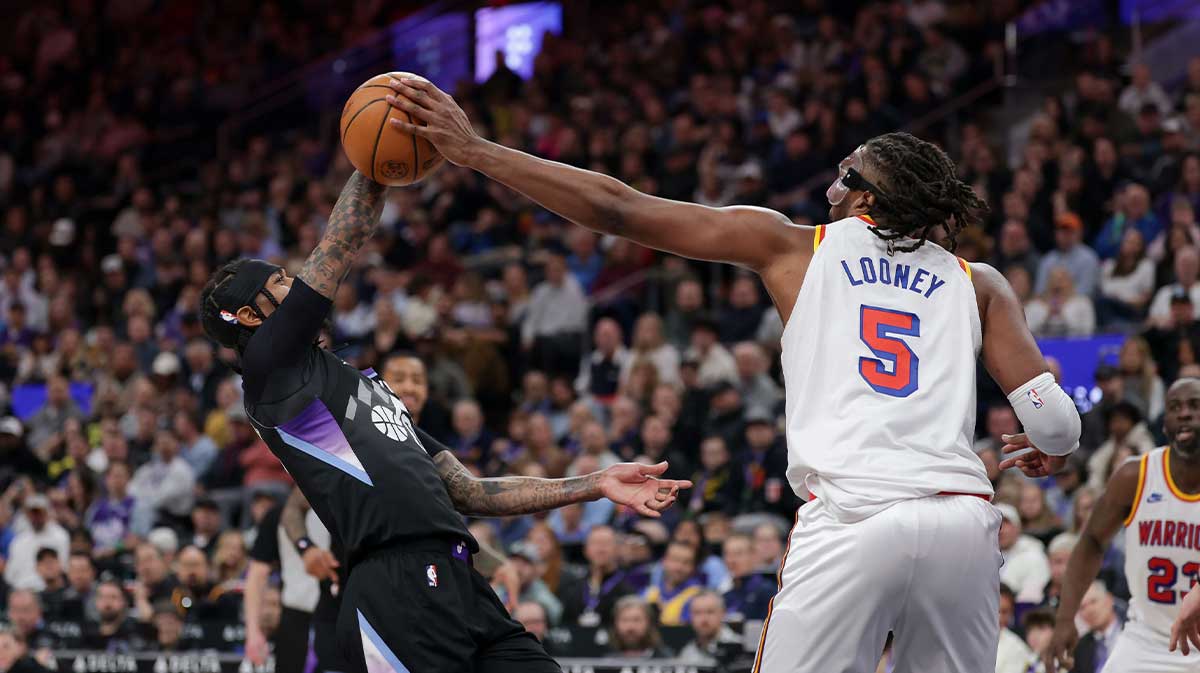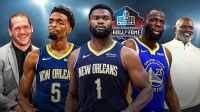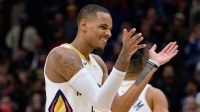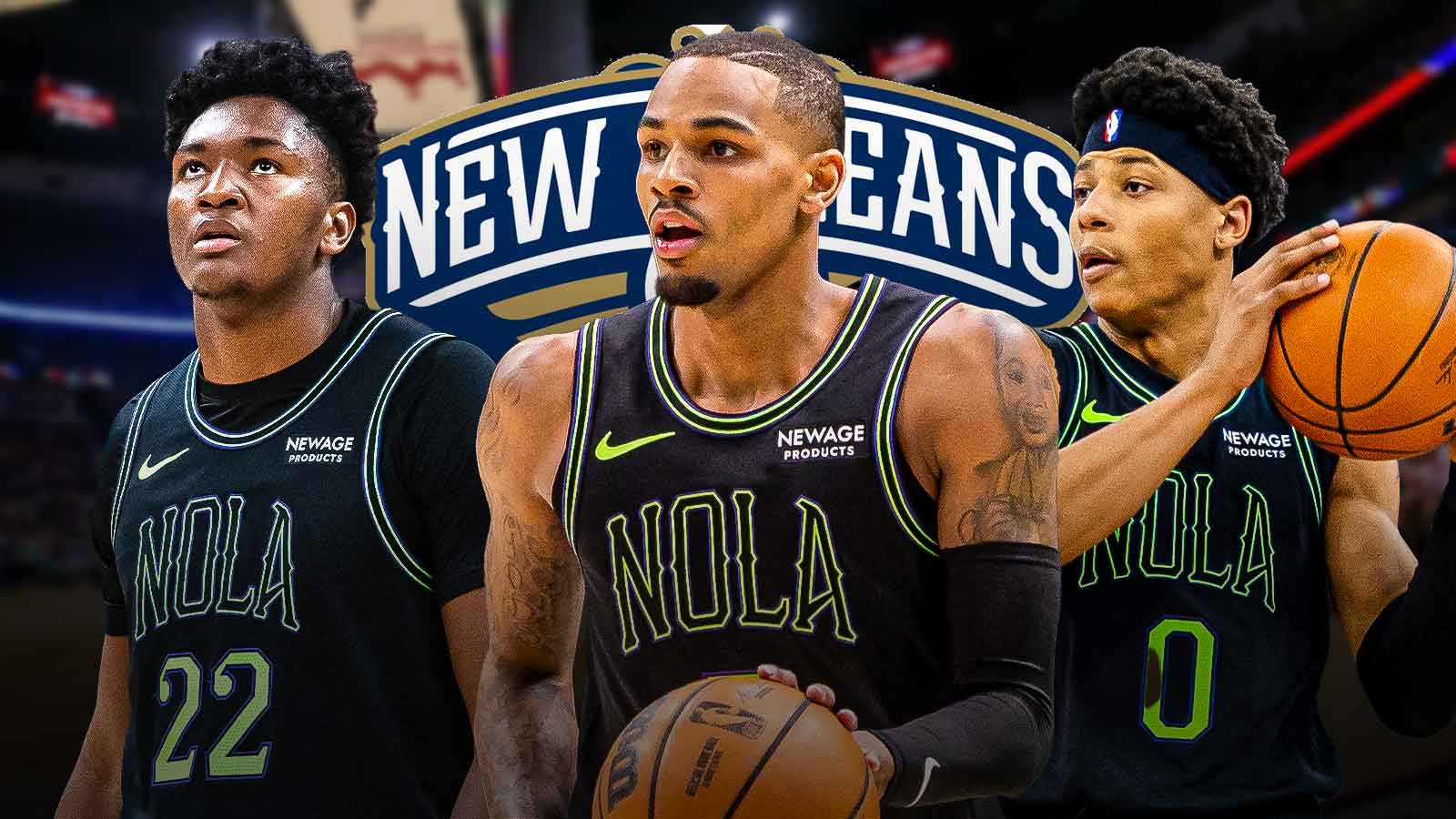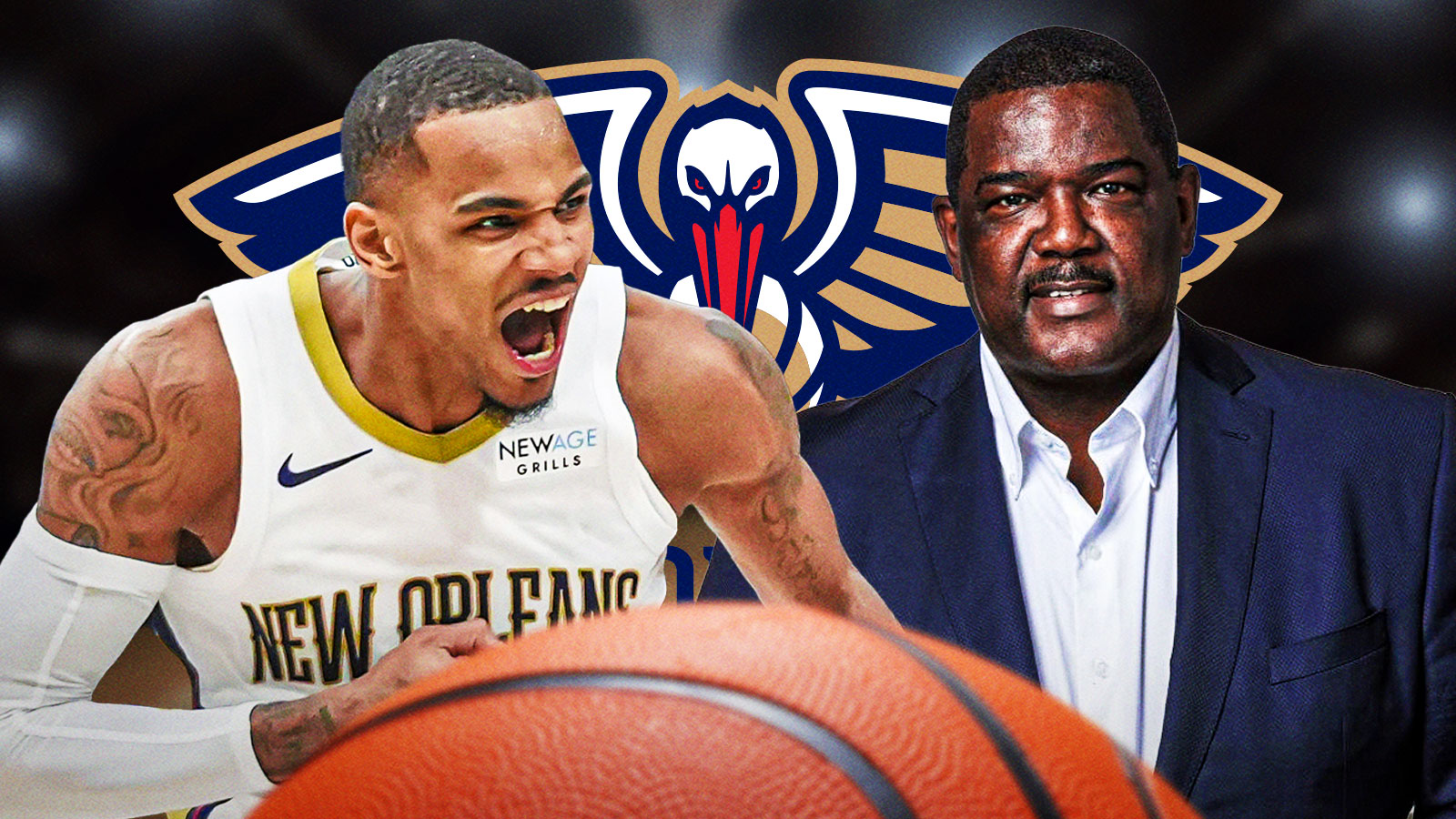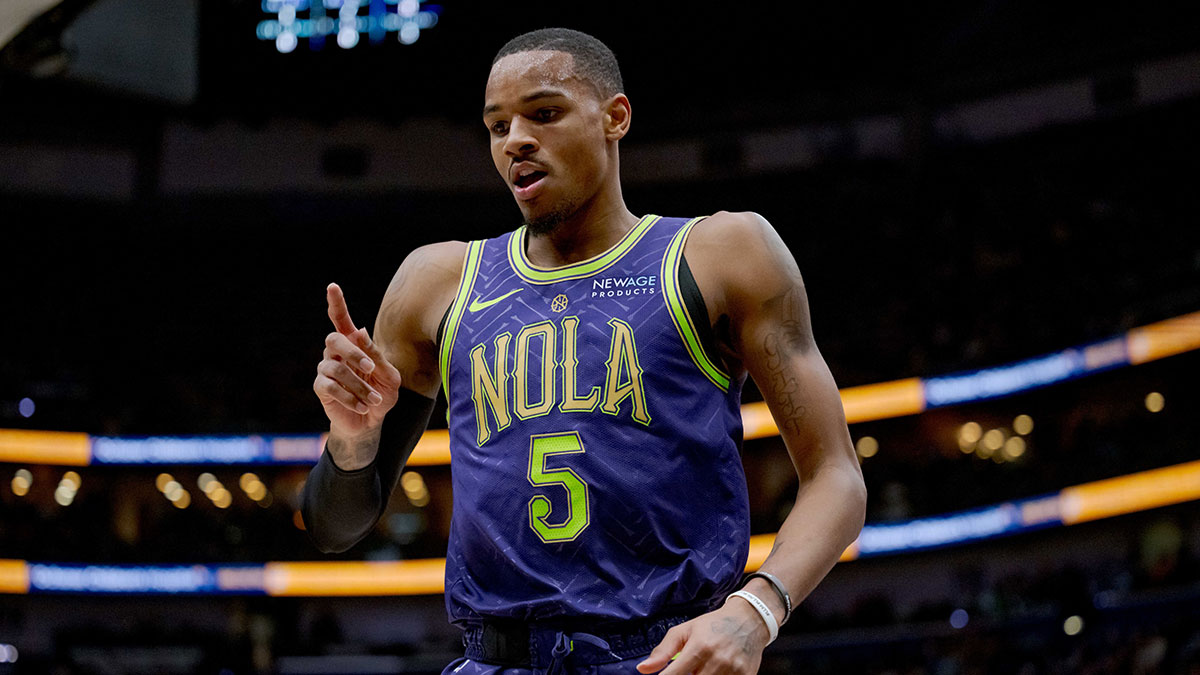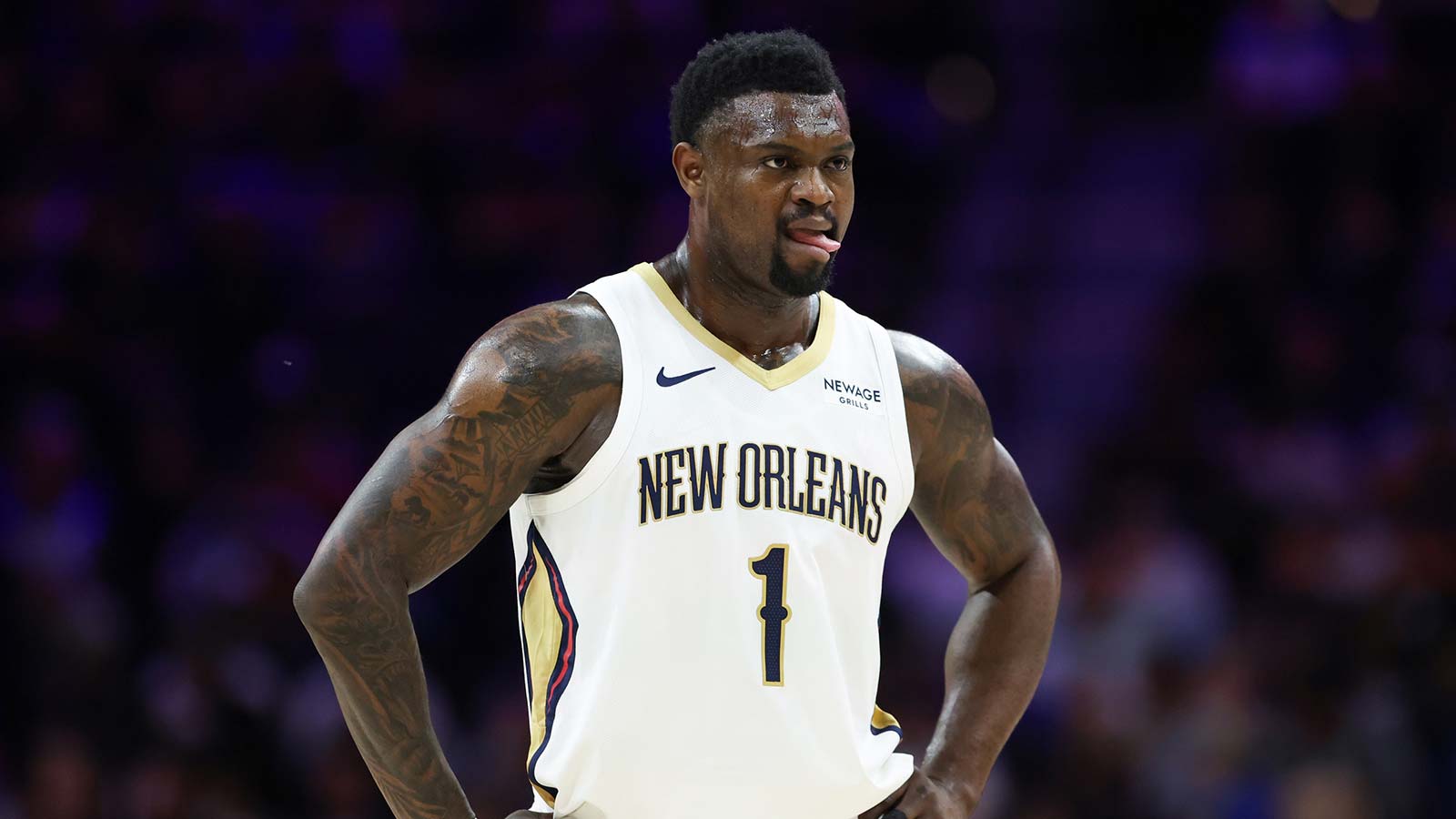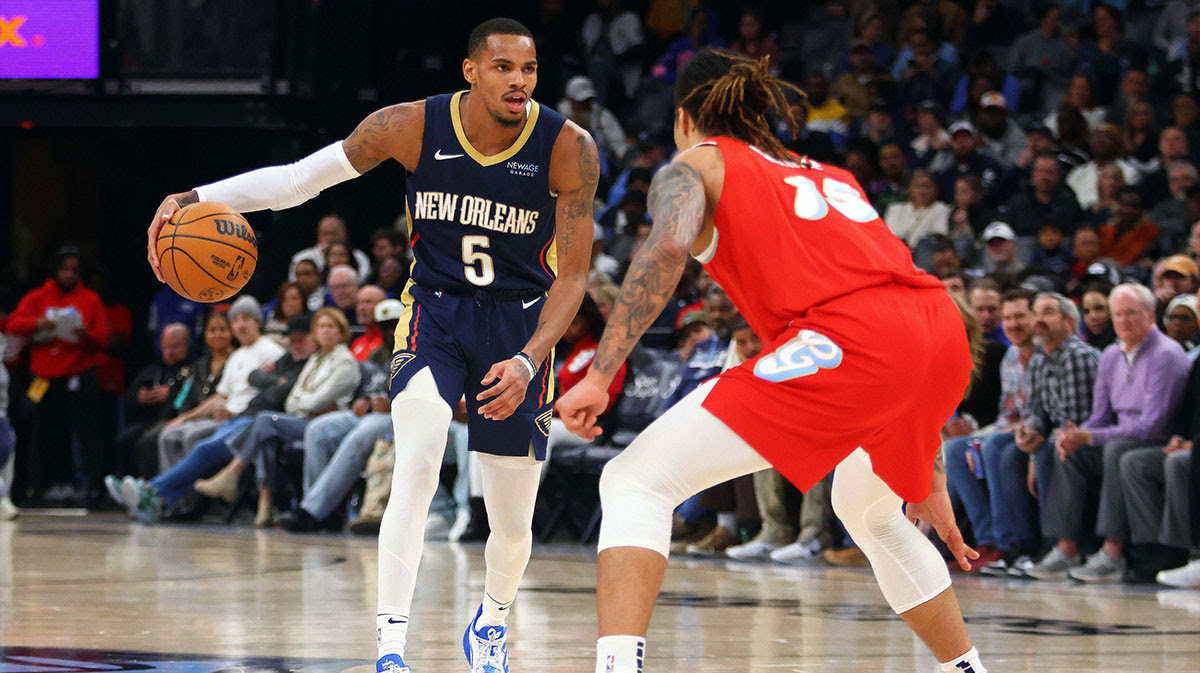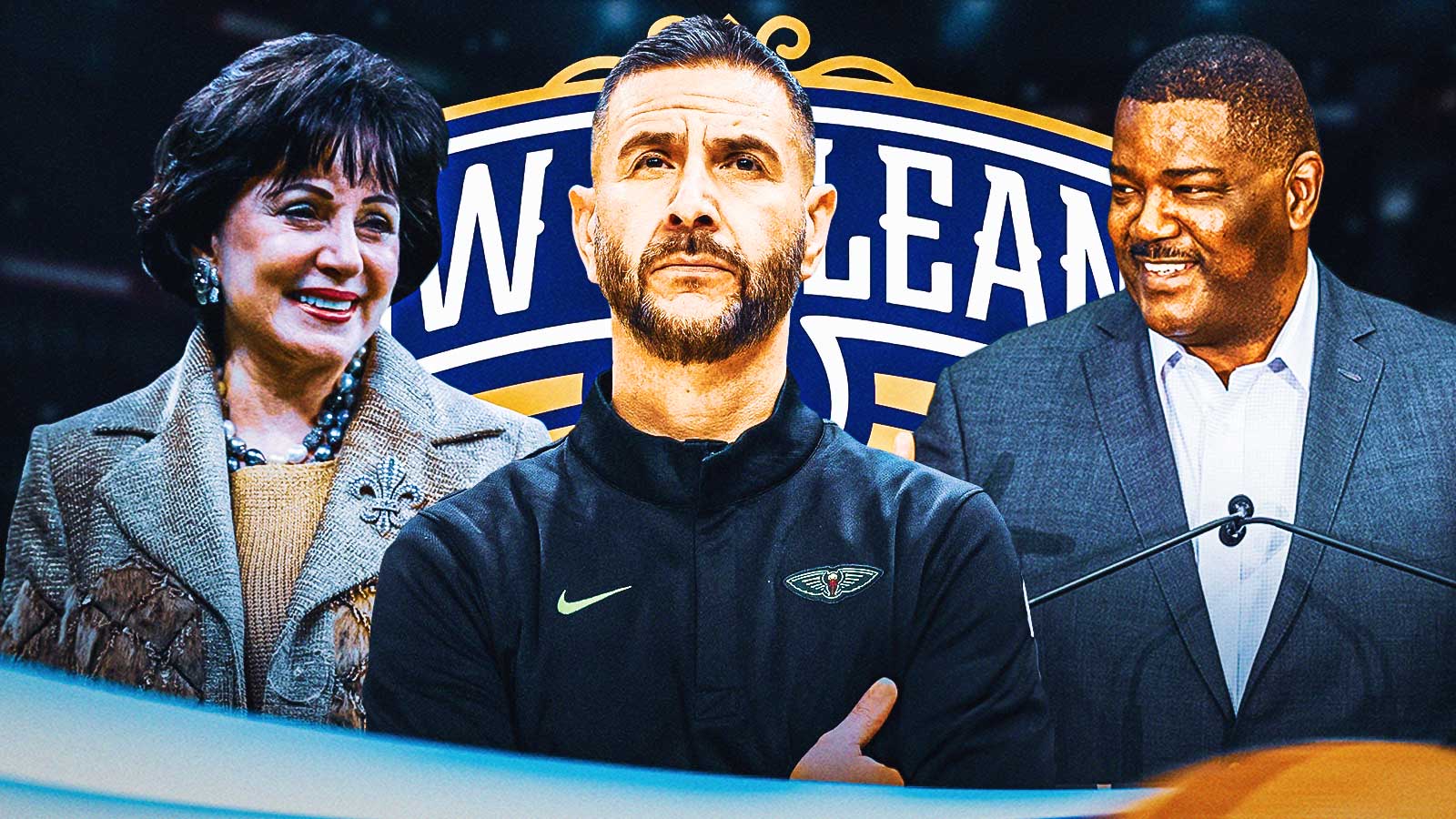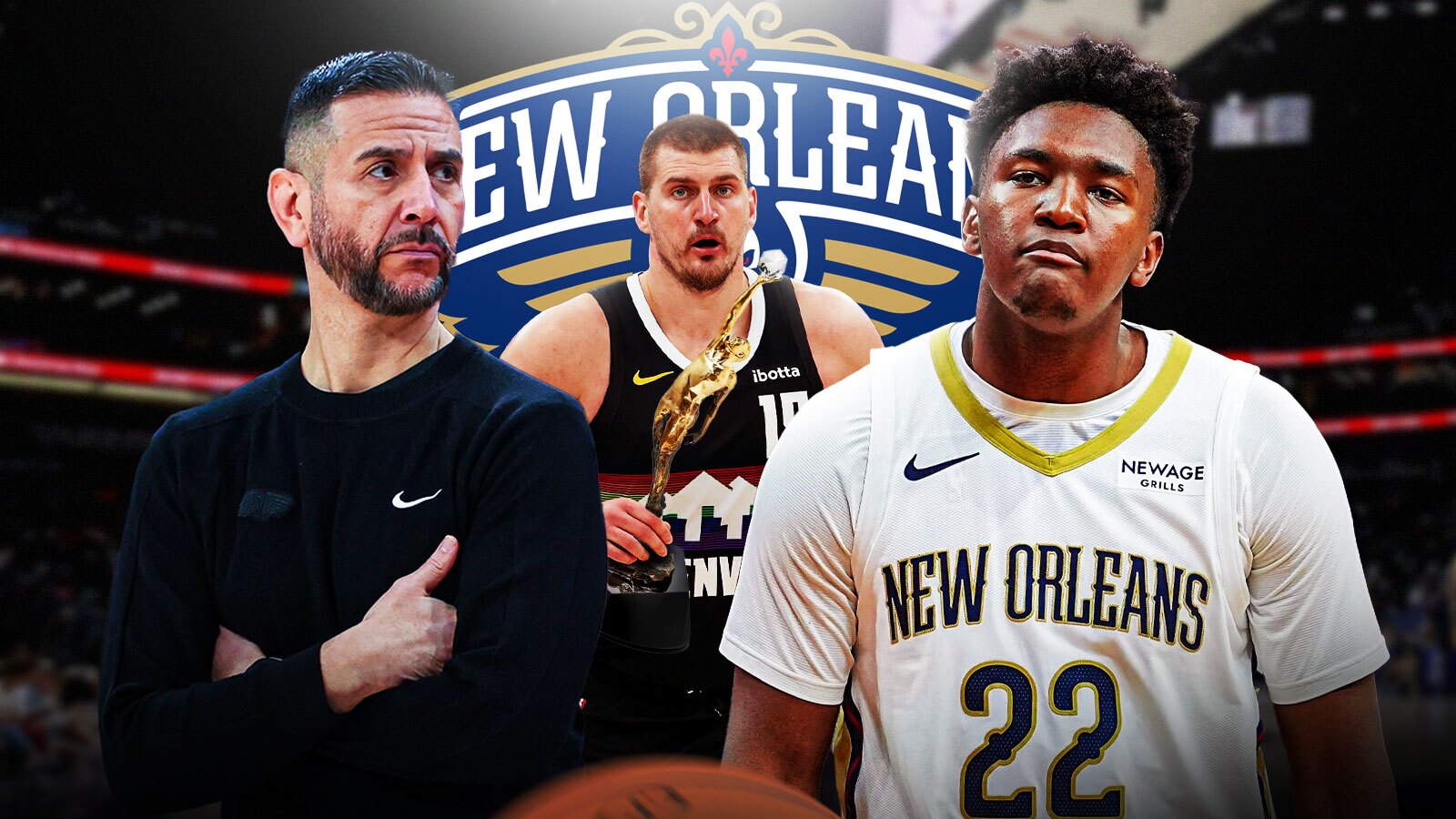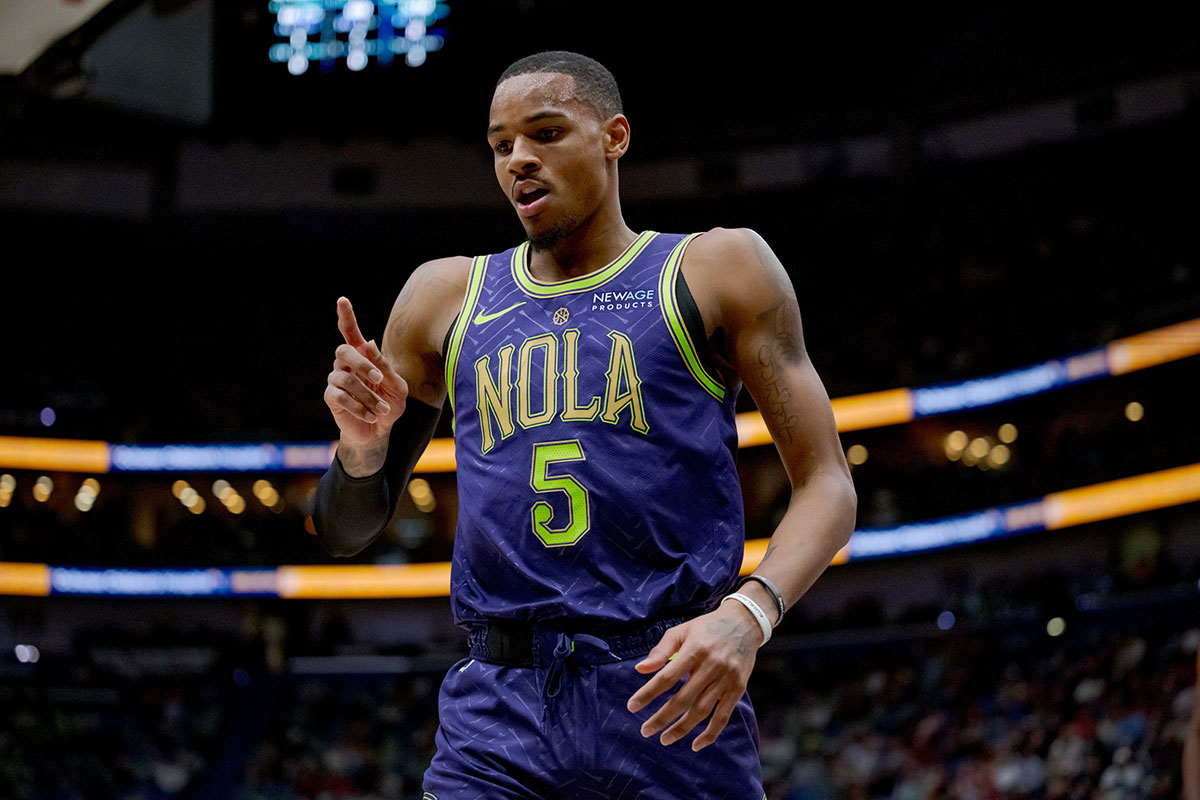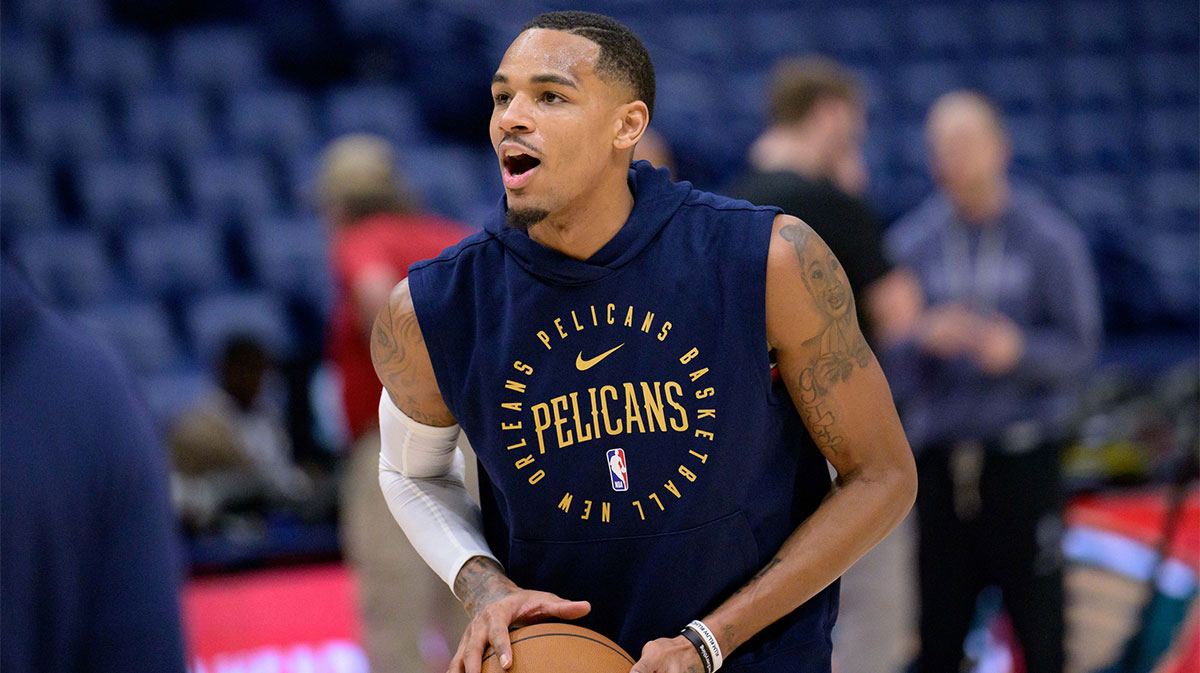There may be no team more perplexing this offseason than the New Orleans Pelicans. After a disastrous 21-win 2024-25 campaign, most analysts expected a full-scale rebuild. Instead, the front office has zagged when the consensus said zig, making aggressive trades, overpaying in the draft, and tying up long-term cap space for a team that’s nowhere near title contention. The decision-making feels like a franchise trapped between timelines, unsure whether to build for the future or chase playoff glory now. Let's dissect every major move and assign free agency grades, starting with the most significant organizational shift.
The New Orleans Pelicans stood at a critical crossroads this offseason. Coming off a 21-win season, with Zion Williamson’s health still uncertain and no clear direction, they had a chance to hit reset. Instead, they chose chaos. But this offseason didn’t need to be confusing. It could have been calculated.
First, they should’ve leaned into flexibility. CJ McCollum’s expiring deal was an opportunity to clear cap space for 2026, not tie it up in Jordan Poole’s inefficient scoring and bloated contract. By letting McCollum walk or flipping him for expiring deals and picks, they could've preserved financial freedom and gained draft capital.
In a bold shakeup, the Pelicans dismissed David Griffin and replaced him with Joe Dumars as President of Basketball Operations. Troy Weaver, formerly with the Detroit Pistons, joins as General Manager.
Dumars wasted no time making waves. Nicknamed “Two Phones” for his trade aggressiveness, Dumars signaled a win-now mindset. But the lack of a cohesive direction is already raising concerns.
Pelicans free agency grades
Kevon Looney
Veteran center Kevon Looney was signed to a 2-year, $16 million deal. Known for his rebounding and defensive prowess, Looney brings leadership and playoff experience. But he overlaps with existing bigs like Yves Missi and Derik Queen. Looney is a solid vet presence, but not an ideal fit unless a frontcourt shake-up is coming.
Grade: B-
Trey Alexander
Trey Alexander signed a two-way deal. A savvy combo guard with a high basketball IQ, Alexander could become a valuable rotational piece, especially given the uncertainty in the backcourt.
Grade: B
Jordan Poole trade: Flash over flexibility?
The Pelicans’ first major player move was trading veteran CJ McCollum and Kelly Olynyk to the Washington Wizards in exchange for Jordan Poole. On paper, Poole brings youth and dynamic scoring – key traits for a team in transition.
But this move wasn’t without flaws. McCollum was on an expiring deal, which could’ve created cap flexibility in 2026. Poole, meanwhile, is owed $29 million annually for the next two seasons – essentially the opposite of financial freedom.
Retaining Herb Jones: A Defensive Pillar
New Orleans re-signed Herb Jones to a 3-year, $68 million extension, locking down one of the league's premier wing defenders. Despite the team’s struggles, Jones remained a rare bright spot, anchoring the defense and taking on the toughest assignments nightly. Jones earned NBA First Team All-Defensive honors following the 2023-24 season after finishing the regular season as one of four players in the NBA to compile at least 100 steals and 60 blocks.
While the price tag is hefty, keeping a two-way player like Jones helps preserve some identity in a rapidly changing roster.
2025 NBA draft: A gamble that could haunt the Pelicans
Jeremiah Fears at No. 7
The Pelicans selected Jeremiah Fears with the 7th overall pick, a smooth-shooting guard with playmaking upside. It was a smart pick, aligning well with the team’s needs and timeline.
The Derik Queen trade
Here lies the offseason’s most baffling decision. New Orleans traded the No. 23 pick and an unprotected 2026 first-rounder (more favorable of their pick or Milwaukee's) to move up to No. 13 and select Maryland big man Derik Queen.
Queen is a skilled low-post scorer, but hardly a franchise-altering prospect. Giving up a potentially high lottery pick to move up 10 spots feels like a massive overpayment, especially for a team with a 21-win baseline and no proof of imminent improvement.
A team without a timeline
What is the Pelicans' identity in 2025-26? Zion Williamson remains the most talented player on the roster, but his health is a perpetual question mark. Jordan Poole will have free rein to score, but his inefficiency and defensive issues could become a liability.
Behind them is a hodgepodge of intriguing youth (Fears, Queen, Alexander) and functional veterans (Jones, Looney). It's not quite a tanking team, but it’s nowhere near a playoff contender either.
And that’s the core problem. The front office is making win-now moves while sitting on a rebuild-ready roster. Trading an unprotected pick for a middling prospect only amplifies the risk.
The Pelicans’ offseason defies traditional logic. There are promising parts – retaining Herb Jones, drafting Jeremiah Fears – but they’re offset by confusing, costly moves that suggest an organization chasing short-term growth at long-term expense.
Until Zion proves he can stay healthy and the team develops an identity, betting future assets on uncertain present results is more reckless than bold.
The Pelicans are trying to reinvent themselves without fully embracing a rebuild or stabilizing their core. They’ve taken some smart steps (retaining Jones, drafting Fears), but negated them with over-aggression and poor risk management.
In an era where asset flexibility is everything, trading unprotected picks and absorbing bad salary without guaranteed production is a dangerous path. The blueprint was simple: prioritize flexibility, accumulate picks, develop young talent, and wait for the right star trade. Instead, they bet the house on a half-built foundation.
Now, they’re stuck between timelines again, chasing wins with a roster still learning how to walk.

